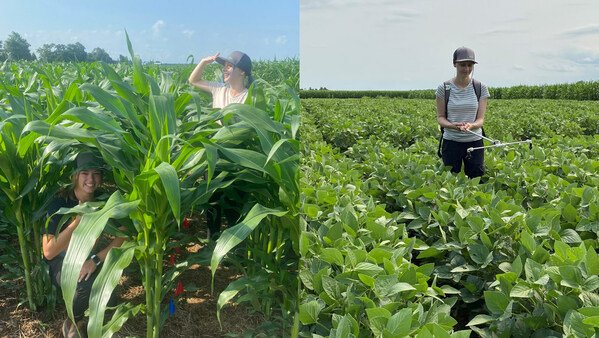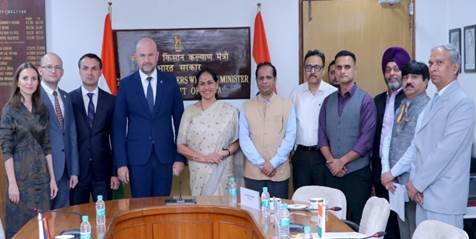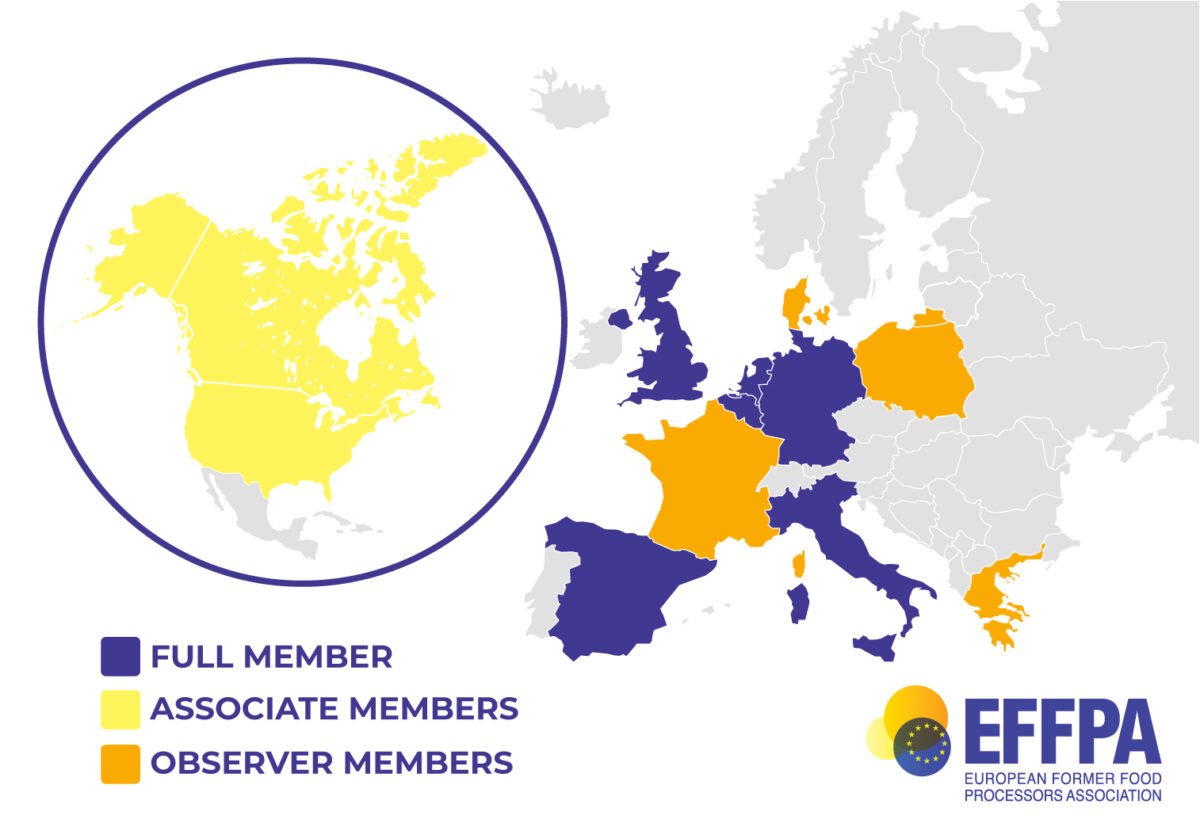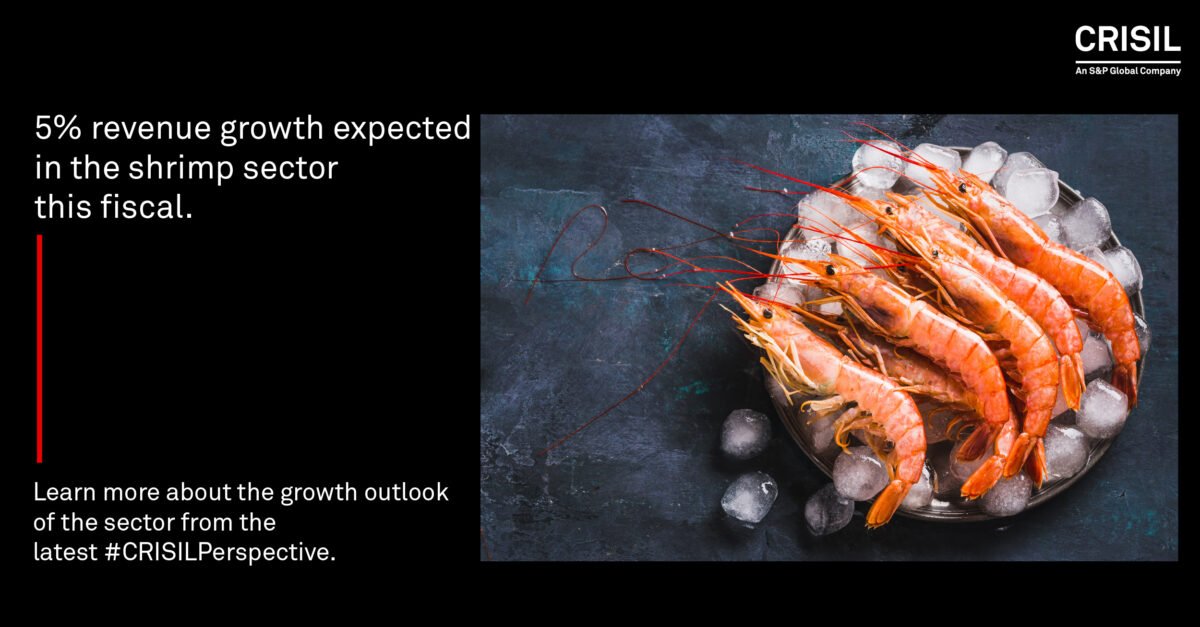BioLiNE obtains CE certification with efficacy claims
This certification process adopted by the E.U. is elevating the standards for products marketed as biostimulants
BioLiNE Gold, an innovative fulvic-based product from BioLiNE Corp. has been approved for CE certification as a biostimulant under the new EU regulations. BioLiNE Gold joins a small handful of biostimulant products that have received this certification. BioLiNE is the first North American humic substance manufacturer to obtain the certification.
These new regulations require efficacy data justifying the product claims for plant biostimulants. BioLiNE Gold has been certified under PFC 6. B (Non-Microbial Plant Biostimulant) for claims of increasing crop yield on all broadacre crops and improving tolerance to abiotic stress on brassica napus L (canola). Plant biostimulants improve nutrient availability, uptake, or use efficiency and tolerance to abiotic stress. They often have similar modes of action across all crops and enhance crop growth, development, quality and/or yield. The CE mark ensures growers that the biostimulants they are using are quality products, effective, and safe for the environment.
“This certification process adopted by the E.U. is elevating the standards for products marketed as biostimulants,” said Mohammad Rahbari, EVP of Innovation & Sustainability at BioLiNE, “I want to thank our wonderful team for their great work and dedication to this endeavour. Attaining the CE Mark is a testament to our R&D team’s hard work, diligence, and pursuit of excellence in generating science-based evidence in support of the crop benefits of our technology.”
This certification process adopted by the E.U.







